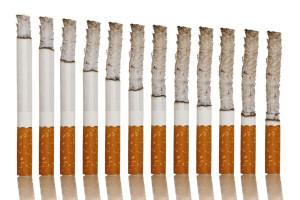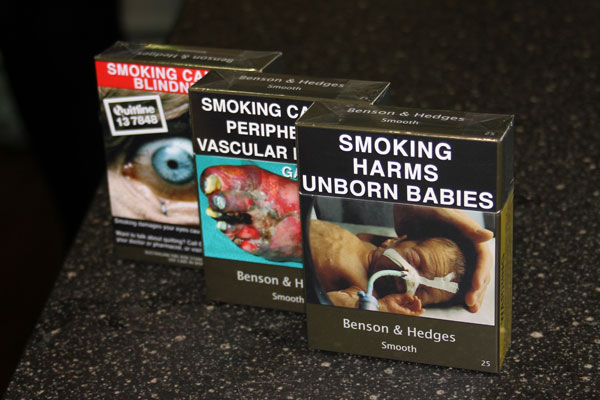Anti-tobacco lobbyists in Kenya on Monday called for the enforcement of a 2007 law that bans smoking in public places, according to a News Ghana story.
Thomas Lindi, co-ordinator of the Kenya Tobacco Control Alliance (KTCA), said Kenya’s tobacco-related health burden was rising by the day.
Lindi told a stakeholders meeting in Nairobi that tobacco smoking remained a challenge among low- and middle-income Kenyans despite the country’s having anti-tobacco policies and regulations in place.
According to government reports, non-communicable diseases kill about 28,000 people in Kenya every year. Tobacco use and involuntary exposure to second-hand tobacco smoke is said to be partly responsible for the growing number of non-communicable diseases.
Lindi said it was unfortunate that since the Tobacco Control Act came into force in 2007, nothing had been done to reduce tobacco advertisements.
“We still lack serious awareness campaigns and cessation programs that are key to reducing the consumption of tobacco products,” Lindi said.
Meanwhile, Joel Gitali, the chairman of the KTCA, said the tobacco industry and its allies had continuously used various strategies and tactics to discredit, delay and derail the implementation of tobacco control policies through legislative and litigation processes.
“The government needs to join forces with stakeholders in educating the public against tobacco consumption,” he said.









